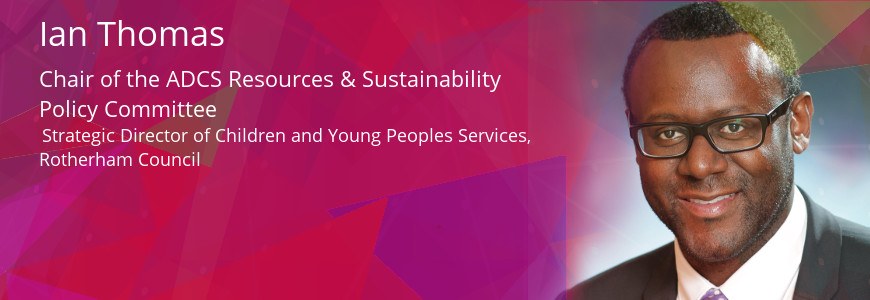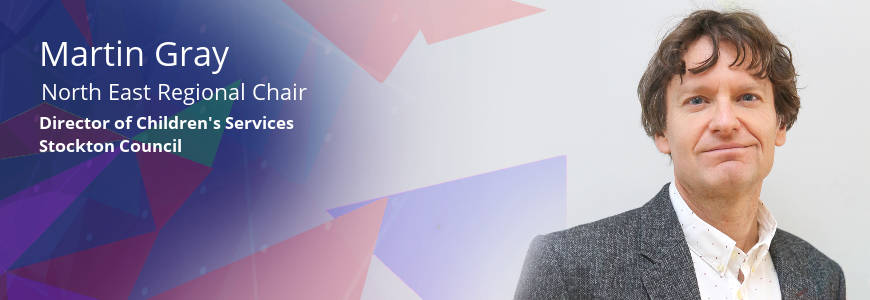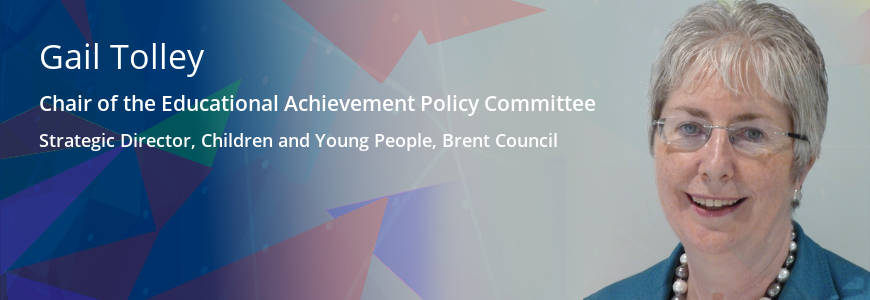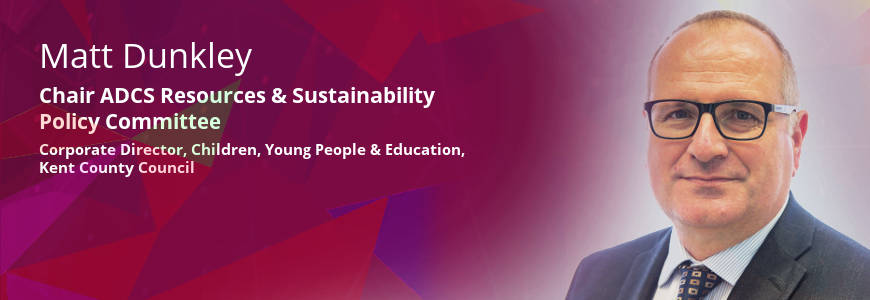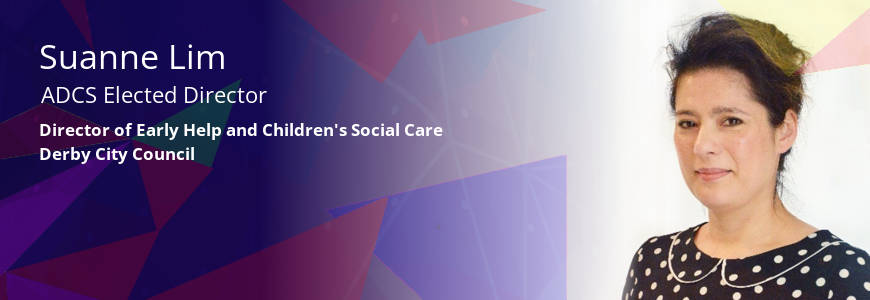Resilience and why it matters in 2023

The start of a new year is always a good time for reflection on what changes we want to make professionally and personally for the year ahead. Recently, I have been preoccupied with resilience. What can we do to foster our own resilience and that of others? I started by thinking ‘so what does being resilient mean?’
When looking at nature, trees are resilient, bending beneath a heavy load of wind or snow without breaking. Resilience in people signifies more or less the same thing; the ability to withstand stress or distress without breaking beneath it, physically or emotionally. We want the children and families we work with to bounce back and to cope better with life’s challenges. It’s the same for our staff, an absolute prerequisite to be able to withstand stress and distress, and then come back to work the next day. The brain is an incredible organ but it kicks in, sometimes unhelpfully, when we are under stress. The flight, fight or freeze response. Ever felt overwhelmed, indeed frozen by the size or scale of a problem that you are facing? Or in fight mode, angry and fed up with what you are dealing with, how unfair it feels? At this point the best thing to do is to slow down and give the higher brain a chance to come in. This is why reflective supervision and systemic ways of practicing and hypothesising are so important. The higher brain is where analysis takes place, where you can troubleshoot problems and find some creative solutions with others in your team. Perspective-taking builds resilience, the ability to take the long view, this is why they talk about leaders ‘getting on the balcony’ ‘seeing the bigger picture’ - not going down rabbit holes.
I spoke to my friend, Dr David Mercer from Leeds Beckett University, who completed Doctorate research into resilient social workers and what he found in relation to leadership. He said organisations need to see resilience as both an individual and organisational responsibility. Our staff are dealing with complex issues relating to poverty and inequality due to the current cost of living crisis. Added to safeguarding issues, this creates considerable trauma for social workers. Leadership requires managers to be available to their staff in de-constructing critical incidents from practice, building a learning and reflective culture. He believes in building individual and group identity within teams which supports social workers with developing ‘workplace resilience’ rather than the onus being on the individual. So social connection, talking to others, sharing issues and getting support is crucial. A recent article from the Kings Fund identified that listening is probably the most important leadership skill and compassionate leaders take time to listen to the challenges, obstacles and frustrations colleagues experience as well as listening to accounts of their successes and joys.
So for 2023 I am going to focus on how compassionate leaders behave: they empathise with their colleagues and seek to understand the challenges they face; they are committed to supporting others to cope with and respond successfully to work challenges; they don’t have all the answers and don’t simply tell people what to do, instead they engage with the people they work with to find shared solutions to problems.
Related Blog Articles
I thought it would be timely to write about leadership given a number of live...
In Leadership
I was inspired by the powerful insights provided by ADCS President Rachel...
In Education
I am sure that the West Midlands is no different to any other region, in that...
In Workforce
The turn of the New Year is a time for many to look back at the previous year...
In General
November can be an odd month. We are not yet at the end of the year but are...
In General
There’s a question we should all ask ourselves on a regular basis: why do we...
In General
Well this is my first blog since being elected to the ADCS Board in November. I...
In General
I find myself writing this blog at a strange time – two days before I am due...
In Leadership
In my final week of a 42 year very full-time (100% attendance) career, I am...
In Education
The Government recently responded to its consultation on the use of agency...
In Workforce
That’s Leicester isn’t it? A 5000-1 shot and they did it! I can’t help but...
In General
Earlier this week I attended a reunion with a group of much valued former...
In General
I first became a DCS in 2005, which equates to the Paleolithic Age in DCS terms,...
In Leadership
A couple of weeks ago I welcomed LGA colleagues to support our development work...
In Inspection & Improvement
Hello ADCS Colleagues I recently had the privilege of being part of a panel...

